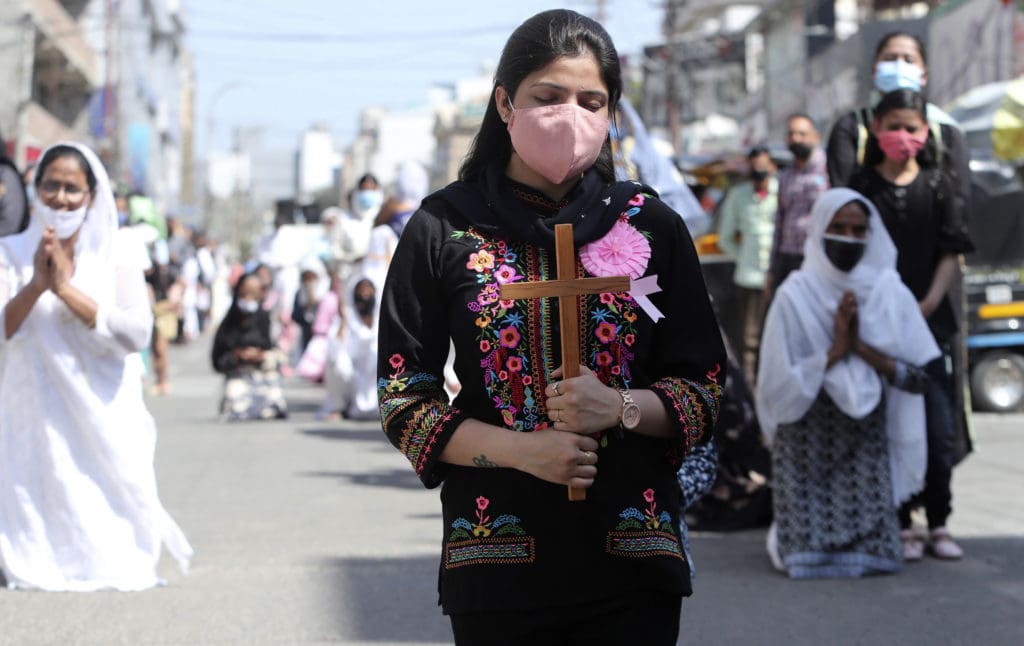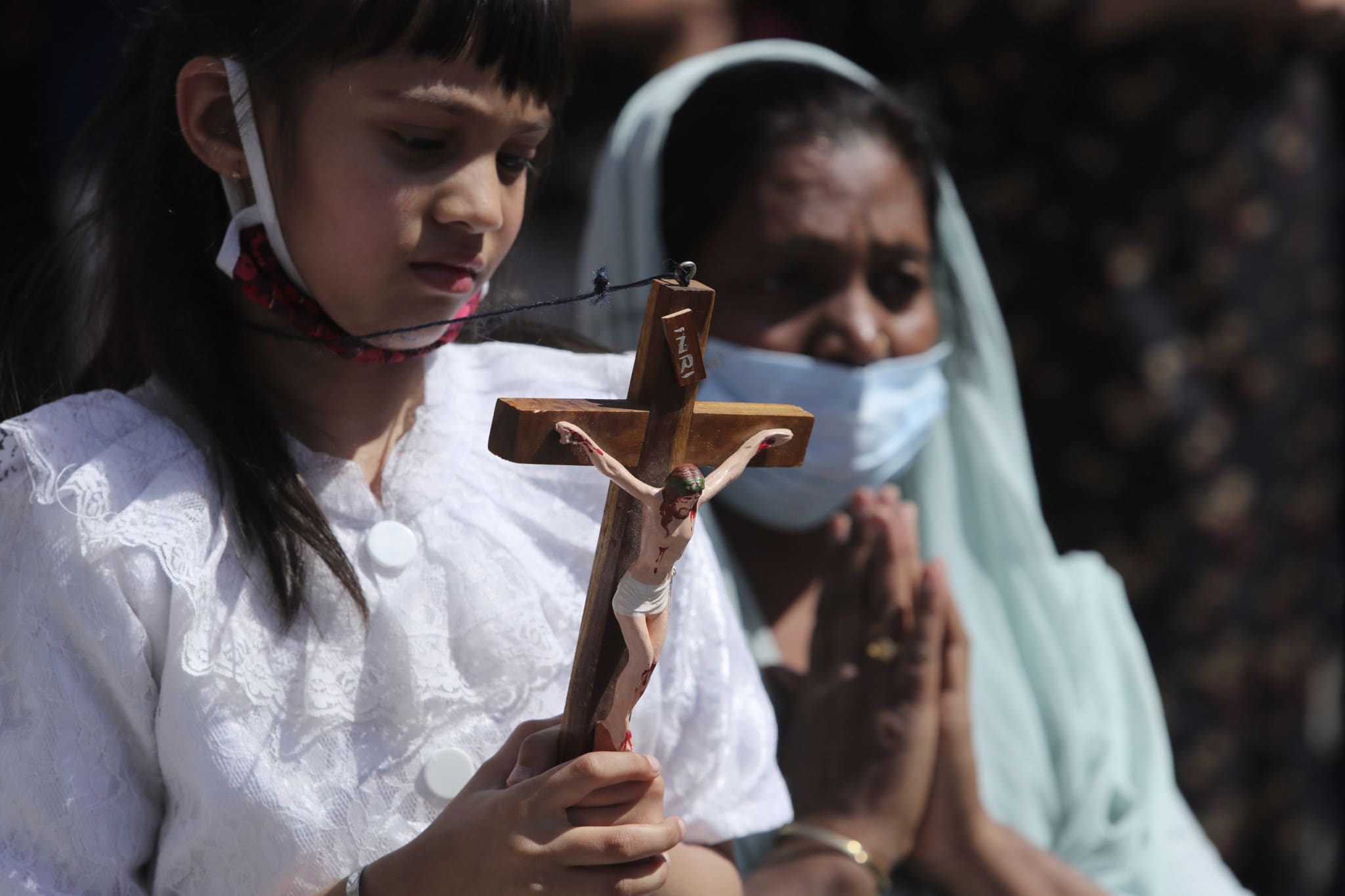Since the accession of prime minister Narendra Modi’s Hindu nationalists to power in 2014, there has been an explosion of attacks on India’s Christian population of 28 million. The ideology behind the aggressive assertion of ethnic homogeneity is called Hindutva, a form of extremist Hindu nationalism that is sowing discord and practices violence against ethnic and religious minorities.
One would have guessed that during the pandemic crisis that had hit India especially hard, the violence would have subsided, but the opposite is truth. Indian churches have opened their doors to COVID-19 patients and cared for the sick regardless of their religious affiliation, sacrificing the little resource they had when the state health system had de facto collapsed. Despite their efforts, they have been repaid by a vicious anti-Christian media campaign and aggressive rhetoric from the governing BJP party, which wanted to divert attention away from what is widely regarded as one of the worst examples of pandemic crisis management in the developing world.

According to the Religious Liberty Commission of the Evangelical Fellowship of India (EFI), in the first half of 2021, there were a total of 145 incidents of religious persecution against the Christian minority, including three murders. According to report, Indian politicians are now championing a concerted effort to target the so called “padri” (Hindi word for Christian clergy). The Hindi media group Dainik Bhaskar had also reported that the ideological grassroots organization behind Modi’s BJP party have met to discuss the launch of a campaign against Muslims and Christians.
The violence is already escalating with attacks on churches, murders, false accusations against Christians, targeted discrimination in public life, and boycott of Christian businesses.
“Violence against Christians by non-state actors in India stems from an environment of targeted hate. The translation of the hate into violence is sparked by a sense of impunity generated in India’s administrative apparatus,” claims the EFI report.
During the peak of the pandemic, the Christian community did what is normally typified by Christians religious doctrine by showing solidarity with surrounding communities and caring for those affected not only with medical assistance but also with social care. However, the near societal breakdown in India has meant almost complete impunity for those who have directed and executed the campaign of hate against Christians.
Access to courts was restricted while false accusations brought to police have increased, and the collapse of the media has meant that instances of violence and intimidation could not be reported. The 43 arrests made on the basis of such false accusations, the 21 cases of violence, the demolition of three churches and the constant disruption of services are, according to observers, just the tip of the iceberg. Most such cases go unreported.
Despite freedom of religion being guaranteed in India by the constitution, today the so-called anti-conversion laws are enforced in seven BJP dominated states. The notorious Freedom of Religion Acts, which are popularly known as the anti-conversion laws, are a tool in the hands of the Hindu nationalist Bharatiya Janata Party. These are used to criminalize all conversions, especially in rural settings. In recent years, there were over 300 such prosecutions reported annually. In such cases, the convert, who moves away from Hinduism to another faith, must prove that his or her conversion was genuine, and the burden of proof lies with the accused.





